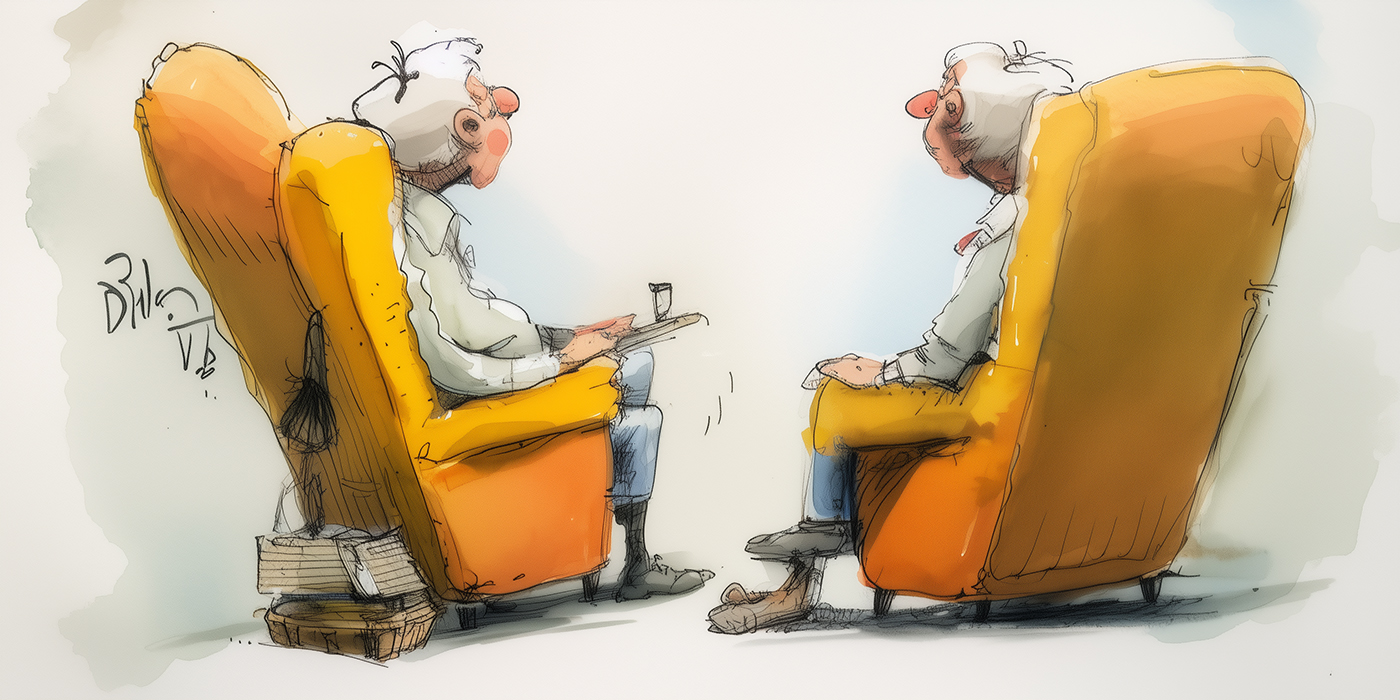The following paper represents a first-attempt at dialogue on the issue of SA and sexual abuse. This paper, and cover letter, were sent from the SA Central Office to the Regina Committee on Sexual Abuse in Saskatchewan in July. In one of its publications, the Regina Committee on Sexual Abuse had criticized SA for its lack of policy in the area of sexual abuse perpetrated by SA members. We include this exploratory paper in this issue of Essay for your information and to stimulate discussion and feedback toward possible formulation of SA policy. That this may be a highly controversial subject goes without saying. Also, the question of What is SA? is raised. Please read carefully; the way certain terms or expressions are used is crucial. Remember: SA has no policy on this issue yet; the following paper lists suggested guidelines for developing future policy. The cover letter and paper follow. [Note comments by local SAs under Member News, in this issue.—Ed.]
July 23, 1990
Regina Committee on Sexual Abuse
Dear Committee Members:
The RCOSA position paper on Sexual Abuse appearing in the June 1990 issue of The Saskatchewan Social Worker has come to our attention.… In the spirit of open dialogue solicited in this paper, I would like to comment as a member of SA connected with our Central Office.
Much of what the paper says may stem from possible confusion of SA with one or more of the other sex addiction recovery programs … affiliated with the therapeutic community from the outset. SA has never been a “treatment resource” for anyone, much less sex offenders, as your article implies. SA is not a support group for sex offenders; it is simply a fellowship “for those who want to stop their [sexually] self-destructive thinking and behavior.”
SA cannot help it if certain therapists, social workers, clinics, or authorities have begun to use SA as a “treatment resource.” We understand the pressure to do this but resist this misuse of our fellowship. Your statement that “The [SA] program developed in the U.S. is most often used as an adjunct to therapy provided by a recognized clinical facility” has no basis in fact. Our Sixth Tradition reads in part, “While an SA group may cooperate with anyone, such cooperation ought never to go so far as affiliation or endorsement, actual or implied.” Therapists, social workers, and the courts should not consider SA “an adjunct to therapy.” SA is only for those whose own enlightened self-interest compels them to stop (Sexaholics Anonymous, page 4).
Sexaholics Anonymous, unlike one or more of the other Twelve Step programs, offers no opinion on individual therapy for its members. Individuals are free to resort or not to resort to professional help of any kind they choose. No recommendations or opinions are offered by SA; individuals are free to make their own.
Individual SA groups are free to have “open” meetings where non-sexaholics may attend. Most SA meetings at this time are “closed” to all but sexaholics. With many professionals as members, including clergy, therapists, and doctors, most groups feel that at this time it serves personal recovery better to have closed meetings.
Sex offenders do appear in SA, and we have begun to wrestle with the serious moral issues raised in your position paper. We appreciate your deep concern. Enclosed is a paper … that articulates some of our emerging dialogue on this issue. I hope it will help give some perspective.
I want to personally thank you for your concern for the victims of sexual abuse. Even though the social worker’s and therapist’s tasks are different from ours, the two overlap in the moral sphere. There is no recovery for us in SA unless we are willing to take full responsibility and accountability for all our actions and attitudes.
Very truly yours,
Roy K.
P.S. We are enclosing a complimentary copy of our brochure and book, Sexaholics Anonymous.
Suggested Guidelines for Developing Policy in Response to Abuse Disclosed in SA Meetings
We in SA should be guided by the highest moral, ethical, and spiritual principles in such a matter. It is better for me to suffer than inflict my harm on others by covering over my wrong. We are told there is no recovery without rigorous honesty. Those who do not recover “are incapable of grasping and developing a manner of living which demands rigorous honesty.” (Chapter 5, AA Big Book) To cover and hide our wrongs is to deny ourselves the healing light of God and the fellowship.
If such an action is tolerated by the group and the member is unwilling to take responsibility for his/her own actions and turn themselves in, that abuse stays in the group. Its poison and evil invisibly affect the spiritual quality of meetings. Also, the poison stays within the individual. Without intervening on himself, the member seals himself into a mind-set that lets him believe he can get away with it, whereas the Program teaches us that we can’t get away with anything we do in harming others.
If no intervention is made on the member, his/her malady will continue to progress, and unwittingly, we as other members, keep supporting his illness and become co-perpetrators, enabling his and other abuses. Our experience shows that regardless of the SA member involved, this malady of ours does progress. There is no recovery without sobriety. Without amending such an act, I shut out God, sobriety, and recovery and confirm myself in self-blindness. “I’m as sick as my secrets.”
I must put myself in the shoes of the victim also. It is difficult for us as sexaholics to see the reality of our evil from the victim’s point of view. The law of love is our example here: Do to others what we would have them do to us. I have to look into that terrified face and imagine that’s me as a child being victimized sexually. If I could only have received the right kind of help after being victimized, it might have helped defuse my trauma. Without intervention, I as victim seal it over, and if a child, begin to think there’s something wrong with me. We can do something to help the victim!
This kind of firm, clear position taken by a group has the effect of a deterrence. This is “tough love.” It makes for a no-nonsense Program that commands the respect of the erring member, ourselves, and outside authorities. We do not coddle or enable perpetrators!
We can assume that when a person tells on themselves in a meeting they are in their own way asking for help. So, how can we help? We can help them cover their wrong—and bear the consequences ourselves—or we can help them face and deal with it responsibly, as we amend all wrongs in the Program.
Suggested Policy
(1) Develop a climate and ongoing tradition of personal accountability and responsibility in meetings based on true recovery and closeness of fellowship. Current models would seem to include SA groups effectively using the concept of “group sponsorship.”
(2) When a person in SA tells of having currently victimized someone sexually or such information is disclosed, two or more SA members will get with the person, make sure of the facts, and support that member into assuming responsibility for and amending their actions. In appropriate cases, this will mean the person turns himself or herself in. The intervening members and the group will continue supporting the person all the way, through to victory, healing, and recovery. SA members have been known to be this responsible. It is the honorable Program way.
(3) The erring member and their SA group will also take appropriate steps to try to amend any trauma or damage done to the victim.
(4) If the member will not turn themselves in, the concerned members will, by group conscience, try again, as a group, to get them to turn themselves in. If they fail in this, they can seek an appropriate way to proceed. This might be done by asking an appropriate non-SA third party to intervene. In one case in SA, a priest agreed to take the necessary actions.
(5) In the case where a member tells us they are about to victimize someone, or there is a good chance of that happening, the group of concerned members will intervene in some appropriate way to help prevent it and help the member come through to victory and healing. They advise the member that if he or she does the wrong, they will be turned in.
(6) In cases where the member is intransigent, refusing and thwarting all intervention of the group or others, the member should be asked to leave SA until he or she has a change of attitude. Individual SA members would then be free to act as their conscience directed to prevent further victimization. Other SA groups the person might join can be advised of the problem.






